The proliferation of loan apps in Nigeria has resulted in some fake loan apps emerging for use by unsuspecting members of the public.
If you are thinking to get a loan from any of the existing mobile lenders (or loan apps) it is important to make sure you are borrowing from legit loan apps.
Doing business with any of the fake loan apps or money lenders may hurt you in several ways. Some of these bad loan apps may
- charge you very high interest rates
- hide extra charges you may not know about
- resort to public shaming and intimidation tactics when you default
- and several other issues
So you should be sure to avoid bad loan apps that may frustrate your life.
How do you know bad loan apps?
Based on our research and in addition to the above mentioned things, you can also check if a loan app is duly registered and licensed by the CBN to offer financial, money lending services.
If a loan app or business is not licensed that means you cannot even file a report against them or sue them if they act illegally or breach their terms of service in the process of doing business with you.
Licensed mobile money lenders have codes of conduct and rules they have to adhere to from the Central Bank. Thus this will make them likely to act and respond to customers/borrowers in a professional way. Unlicensed loan apps or lenders will probably act outside what the law or regulations stipulate.
So in summary,
Here are Ways to Identify Fake, Bad Loan Apps or Money Lenders
Bad loan operators usually have characteristics that you can look out for. This does not mean that people do not get loans from them, however it only means that you are likely to have a bad experience or be taken advantage of if you do business with them.
Below are the some major signs that a loan app may be bad;
- Very higher than usual interest rate: Loan apps (outside the major banks) usually offer loans at high interest rate. However bad loan apps will typically charge much higher interest rate. Some of them charge daily, weekly or very high monthly interest rates.
- Shorter loan duration: If a loan app offers you loans that are due to be paid in less than 1 month, run. It is much more difficult to repay loans with very short duration. The very least are payday loans that have 30 day ( 1 month) repayment period
- Hidden charges: bad loan operators will sometimes seperate interest charges from service charges. If the total interest/fees you are to pay for a loan is not clear then they are bad for you
- Unprofessional conduct: Bad loan apps will typically act unprofessionally, have no physical office address and have staff that engage with borrowers in undesirable manner. They resort to public shaming, intimidation etc to defaulting borrowers
- Not duly licensed: Check to be sure a loan app is run by a company duly licensed by the CBN to offer financial and lending services.
See below loan apps/lenders you should avoid
Nairaplus
A survey of online complaints and discussions always throw up Nairaplus’ name as one of the troublesome loan apps to avoid.
They are accused of breaking the data privacy of customers and sending threatening messages to the contacts of loan defaulters.
Sokoloan
Online reviews about this loan app is usually negative.
They were among the loan apps sanctioned by the government agency NITDA for abusing users’ privacy rights and sending unsavoury messages to contacts of borrowers.
Their interest rates are also believed to be too high. Some users have reported paying as high as 45% interest on loans of just N10,000
BorrowNow
This is another of the many emerging loan sharks that prey on their customers.
Users online complained of a tactic used by BorrowNow where after collecting and repaying a loan they approve another loan for the user without his/her consent and proceed to inform the user.
They are also one of those that offer very short loan tenures that may be tough for the borrower to meet up with.
A quick search shows no visible website except an app on the Playstore. There is very little information to learn about them.
9credit
9credit is accused of using public shaming, intimidation tactics to recover their loans.
They are also one of the bad loan apps that offer extremely short term loan (1 week duration) at over 30% interest.
There is very little information about them on their website which is a red flag for a loan company.
Lcredit
They’ve gained notoriety for abusing borrowers and their contacts when they default.
They are one of the loan apps reported to have been delisted from Google Playstore (a quick search shows they are not in the official playstore anymore).
They offer very small loans for short duration at very high interest rates.
The app said to be run by an organisation name Cashigo has terrible reviews online about their way of doing business.
More of the bad loan apps (from the bad online user reviews and opaque information about them) include
- Go Cash
- Lioncash
- GMoney
- FastMoney
- Icoin
- Getcash
- 9ja cash
- Cash wallet
- Palmcash
- Easecash
- ForNaira
- GotoCash


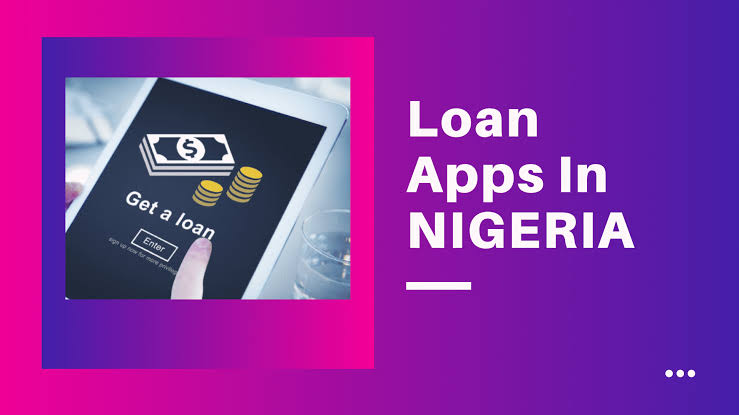

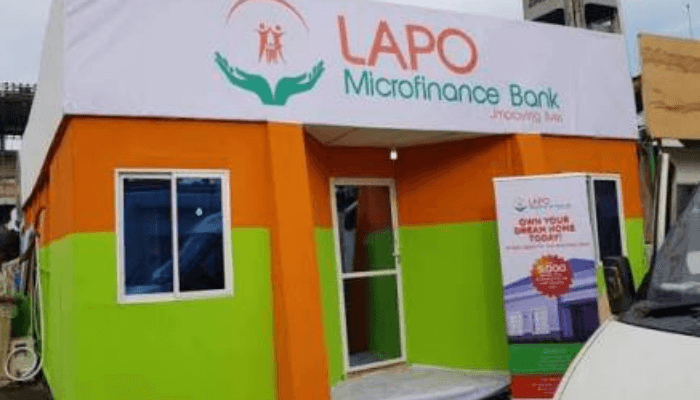
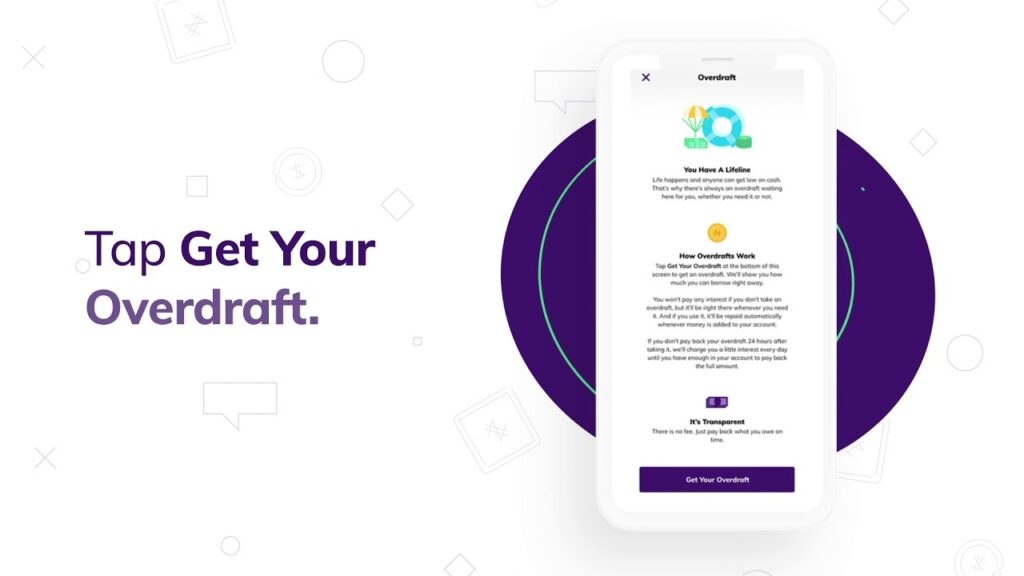

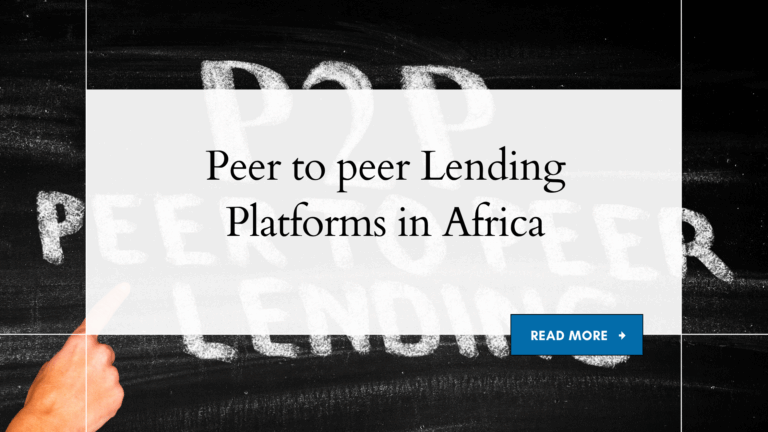
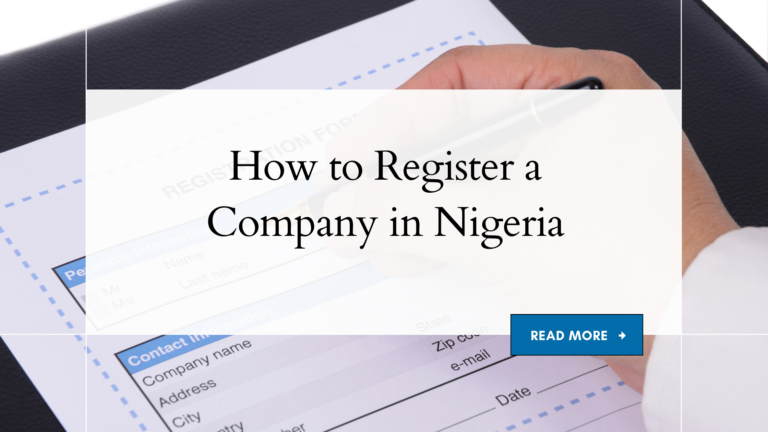
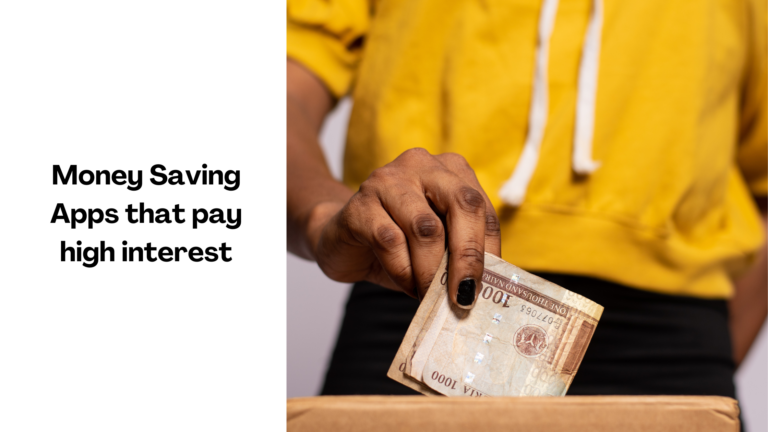
![Top Refer and Earn Apps in Nigeria to Help You Make Money on the Side [Full List] refer and earn apps](https://nairabrains.com/wp-content/uploads/2022/04/refer-and-earn-apps-1-1024x576.png)